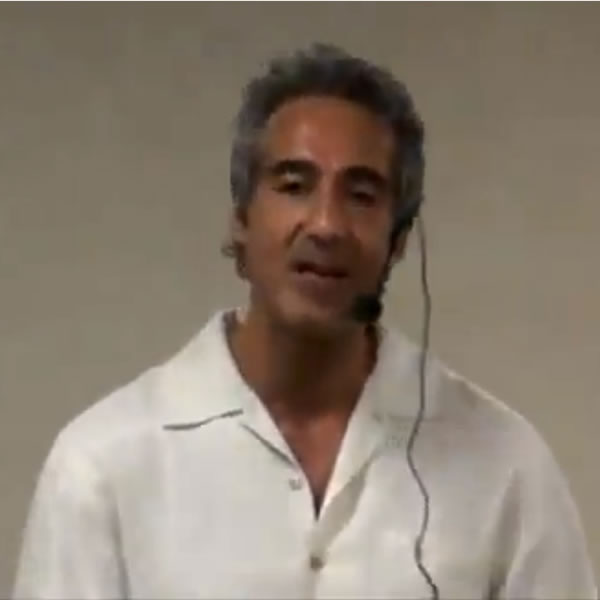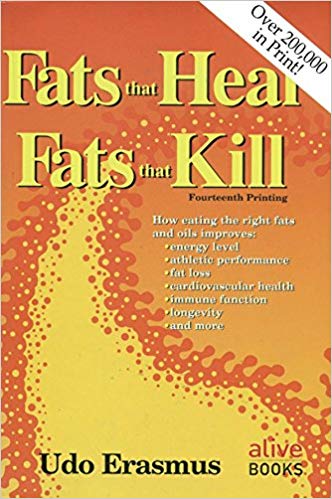By Ben Fuchs | Pharmacist Ben
Proteins are all about shape. Proteins are all about function. And it is ultimately the shape of the protein that determines its function. This relationship is called “structure-function” and it is a key to understanding how to support the various roles proteins play in maintaining a health bodily biochemistry. There are proteins with structures helping muscles contract and bones get mineralized, the heart beat and nerve cells fire. Other protein shapes turn on the immune system and help us digest our food. Still others clot our blood and the clean our blood. And all of these functions are dependent on an appropriate protein structure.
 Some of these functional proteins require calcium for their activation. They are said to be calcium-dependent-proteins and they play a critical part in the operation of many important functions in the body. These proteins are interestingly shaped with little hooks on them, chemical hooks, and molecular hooks. Via these little biochemical appendages they ‘fish” for calcium. Chemical hooks are an iconic example of how shape affects the function and properties and features of various molecules. Without calcium-trapping hooks these vital and key proteins are as useless as any fishing pole & line would be without its hook. A fishing pole & line without a hook isn’t going to catch many fish and a calcium-dependent-protein without a hook isn’t going to catch much calcium. No hooks on these chemicals means these chemicals are going without calcium. And no calcium on these chemicals means these chemicals are essentially neutered. They’re inactive. These are chemicals that contract muscles, keep your heart healthy, and help clean the blood among other roles. In fact almost everything a cell does is somehow related to these proteins and their chemical hooks and their ability to “catch” calcium.
Some of these functional proteins require calcium for their activation. They are said to be calcium-dependent-proteins and they play a critical part in the operation of many important functions in the body. These proteins are interestingly shaped with little hooks on them, chemical hooks, and molecular hooks. Via these little biochemical appendages they ‘fish” for calcium. Chemical hooks are an iconic example of how shape affects the function and properties and features of various molecules. Without calcium-trapping hooks these vital and key proteins are as useless as any fishing pole & line would be without its hook. A fishing pole & line without a hook isn’t going to catch many fish and a calcium-dependent-protein without a hook isn’t going to catch much calcium. No hooks on these chemicals means these chemicals are going without calcium. And no calcium on these chemicals means these chemicals are essentially neutered. They’re inactive. These are chemicals that contract muscles, keep your heart healthy, and help clean the blood among other roles. In fact almost everything a cell does is somehow related to these proteins and their chemical hooks and their ability to “catch” calcium.
Without these hooks no matter what else you’re doing for your health, e.g. supplementing, working out, eating correctly you will still be at higher risk for all kinds of degenerative, breakdown diseases. One of the most important roles for these hooked proteins is to help regulate calcium levels. Essentially, these hooked proteins can help mop up excess calcium. Without hooks these proteins can’t do their calcium mopping work and calcium can begin to accumulate in the blood. This is a very dangerous condition for the biological system. Calcium accumulation can result in leaking and depositing of calcium in various tissues of the body. The brain, the heart and the kidney are three main areas where calcium can deposit. So, clearly these hooks are important. And clearly if there’s something we can do to help the body make these hooks, so that these proteins can “catch” calcium and thereby do their work of clotting and clearing the blood, of helping muscles contract and the heartbeat and nerve cells fire we should probably be doing it. And, if there are any nutrients that are involved in helping the body and these proteins make hooks, well, that’s obviously a nutrient we want to make sure we’re getting and it’s probably a supplement that we want to be using.
Well as it turns out there is a key vitamin that is involved in making these hooks. It’s called Vitamin K and one of the main ways it works to keep the body running in a healthy fashion is by helping these chemicals, these proteins make hooks. Vitamin K supports hook-making so these chemicals can hook, can complete themselves with calcium and go do their work of building the bone, pumping the heart, contracting the muscle and significantly clearing the blood of excess calcium. This calcium mopping function calcium-dependent-proteins and Vitamin K is one of the most important anti-aging processes in the body. In the absence of Vitamin K and subsequent protein hook deficiencies calcium can begin to accumulate in the blood and in various tissues. This accumulation is referred to as “calcification” and it can be thought of as a type of bone formation. Bone formation in the ordinarily liquid blood and in various tissues of the body is not a good thing. It means a hardening of soft tissues and fluids. Vessels are especially prone to calcification. This can result in poor blood flow and further impaired health. And, deficiencies in hooks means less calcium-dependent-protein activation, resulting in breakdowns in the biochemistry of muscle contraction, heart pumping action, brain/nerve health and blood clotting. This combination of soft tissue blood and blood vessel calcification and defective protein activation is a leading cause of accelerated aging and death.
What to do to prevent calcification and improve the function of calcium dependent proteins? Use Vitamin K! The best food source of Vitamin K is a fermented soy product called natto. Other foods high in Vitamin K include organ meats (especially liver), cottage cheese, hard cheese and butter. And of course supplements are always available. Vitamin K is available in two main forms K1 and K2. I like Vitamin K2 which is more potent and has better anti-calcification properties than Vitamin K1. Because Vitamin K is non-toxic, it’s probably best to err on the side of taking extra, maybe 1000-5000 mcg a day. As with all fatty vitamins Vitamin K is stored so missing a day here and there shouldn’t be a cause for concern.
Interesting Vitamin K fact: Delivery of this important nutrient to the various tissues of the body depends on LDL, which is sometimes (incorrectly) called “bad” cholesterol. Not only is LDL not cholesterol, it is most certainly not bad. LDL is transport substance that carries cholesterol and other fatty substances including Vitamin K through the circulatory system. Foolishly depressing LDL formation by prescribing anti-cholesterol drugs (e.g. statins) can thus decrease effective Vitamin K activity. This can in turn result in blood and blood vessel calcification, ironically causing the heart and circulatory health problems pharmaceutical intervention is supposed to prevent.












